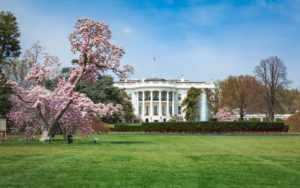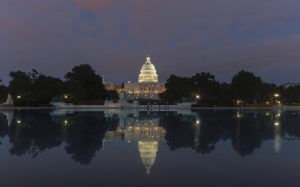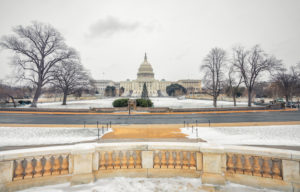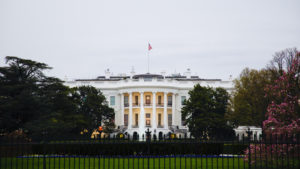Making Sense of the Trump Administration’s Regulatory Numbers
The Administration quietly released data showing its deregulatory success has been limited.
Justice Department’s New Position on Patents, Standard Setting, and Injunctions
A new policy statement from the federal government contradicts established law on whether patent holders can seek injunctions.
Regulating Sports Betting After Murphy v. NCAA
After a 2018 Supreme Court case, the laboratories of democracy are busy experimenting with sports betting.
Street-Level Administrative Constitutionalism
Front-line workers in federal agencies play a key role in applying the Constitution to administrative cases.
Reflections on Bureaucratic Barriers to Immigration Reform
Practical obstacles to implementing policy illustrate how agencies assess their own constitutional authority.
Did a Federal Ethics Loophole Worsen the Vaping Crisis?
Congress should adopt stronger restrictions on former federal officials’ ability to lobby their old employers.
Six Degrees of Delegation
The nondelegation doctrine actually makes sense when viewed in dimensional terms.
Reform Congress to Rein In the Administrative State
Empowering Congress to fulfill its constitutional role can ensure regulation without administrative bureaucracy.
Is the Trump Administration Closing the Door on Asylum Seekers?
DHS proposes implementing asylum application fees and extending applicants’ pre-employment waiting period.
A Stronger Separation of Powers for Administrative Agencies
A better model for the administrative state includes both agency expertise and congressional oversight for major regulations.
A Constitutional Defense of the Administrative State
A new theory of administrative separation of powers protects modern government from its challengers.
Administrative Constitutionalism’s Lessons
The administrative state can teach us about the Constitution’s guarantee of liberty and separation of powers.












